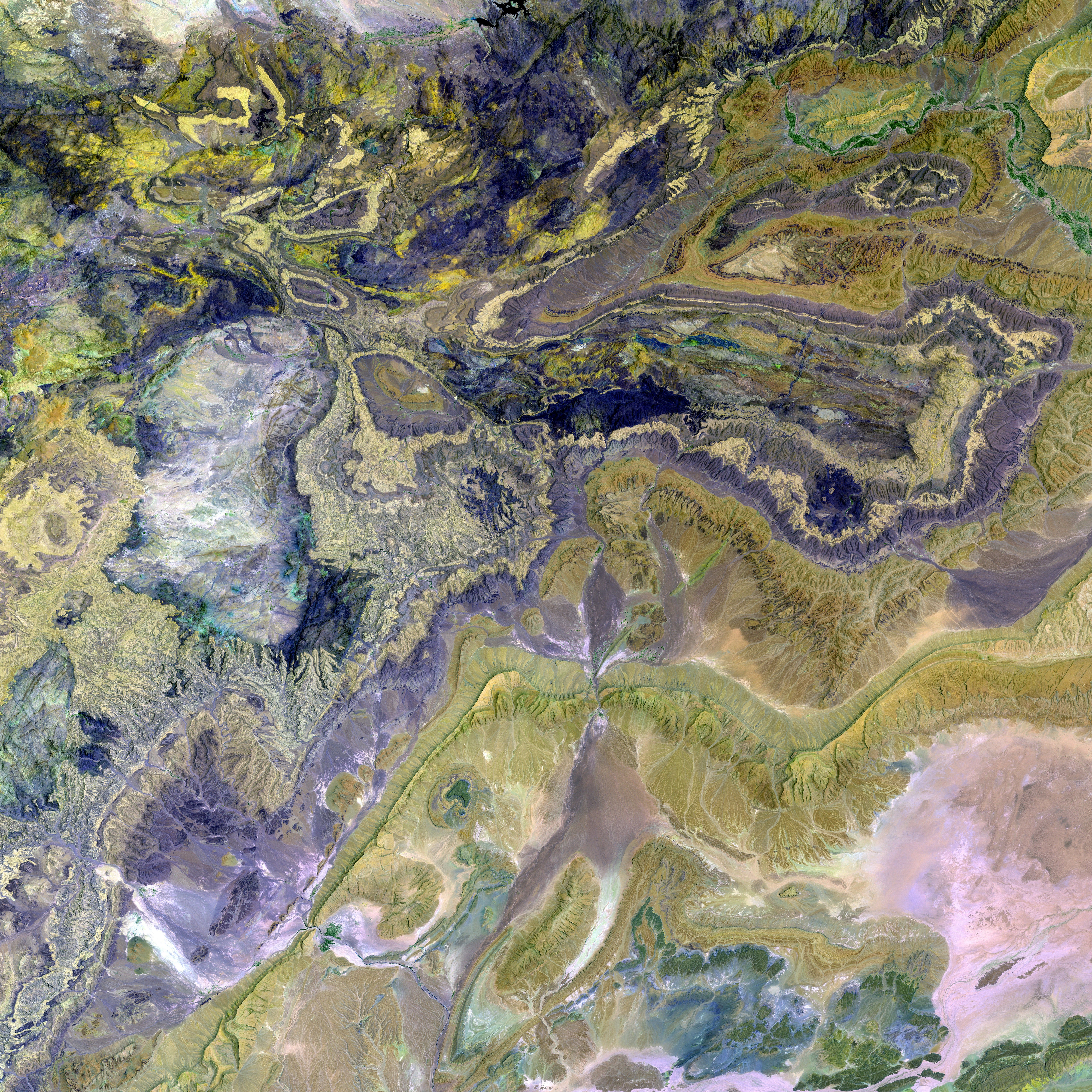Water Authority in Western Region Increases Expenditure on Water Treatment Processes
Title: The High Cost of Dirty Water: Ghana Water Company's Struggle in the Western Region
In the Western Region of Ghana, the Ghana Water Company Limited (GWCL) is shoulder-deep in skyrocketing water treatment costs, particularly in Sekondi-Takoradi and its surroundings. The culprit? The polluted River Pra.
The Daboase Treatment Plant, located in the Wassa East District, relies on the River Pra for water. Unfortunately, the activities of illegal miners have turned the river into a seriously adulterated mess, forcing the company to shell out a hefty sum running into hundreds of thousands of Ghana cedis for dredging. Nana Yaw Barima-Barnie, Communications Manager of the Western Regional Office of GWCL, pointed out that the dredging exercise, carried out by a contractor, is likely to cost more than GH¢400,000 and last between six to ten days.
As the miners stir up the river bed, the sediment flows, eventually accumulating at the intake. This blockage leads to water being displaced by silt, resulting in the collection of sand instead of water at the intake. Moreover, the pumps, while abstracting water, inadvertently suck in sand, causing them to breakdown, necessitating costly repairs.
The state of the river's water is so poor that GWCL must use a chemical called polyelectrolyte, four times more expensive than aluminum sulphate, to treat it. The company is now bearing the brunt of the excessive spending due to the illegal mining activities in the River Pra, one of Ghana's most polluted water bodies.
The only effective solution, according to Barima-Barnie, lies in eradicating the illegal mining operations in the River Pra. These activities, commonly known as "galamsey," are not only jeopardizing the Ghana Water Company's operations but also harming the environment and devastating the local economy.
While the scientific community can describe the profound environmental and economic impacts of illegal mining, it's clear that for the Ghana Water Company Limited, the reality of the high cost of dirty water is a daily struggle.
[1] African Development Bank Group. (2019). Addressing the Climate Change and Forest Challenges in Ghana. [Online]. Available: https://www.afdb.org/en/news-and-events/addressing-the-climate-change--and-forest-challenges-in-ghana-report-launch-121424
[2] World Bank. (2020). Ghana Economic Update, January 2020: Managing Headwinds and Uplifting Potential Growth. [Online]. Available: https://www.worldbank.org/en/country/ghana/publication/ghana-economic-update-january-2020-managing-headwinds-and-uplifting-potential-growth
[3] United Nations Environment Programme. (2021). African Mining Vision: The State of Play and the Way Forward. [Online]. Available: https://www.unep.org/resources/publication/african-mining-vision-state-play-and-way-forward
- The scientific report by the African Development Bank Group addresses the climate change and forest challenges in Ghana, providing insights into the environmental and economic impacts.
- The World Bank's Ghana Economic Update from January 2020 discusses managing headwinds and uplifting potential growth, possibly including strategies to mitigate the financial burden on industries like the Ghana Water Company Limited due to pollution.
- The United Nations Environment Programme's African Mining Vision: The State of Play and the Way Forward might offer solutions to curb illegal mining operations, such as "galamsey," in Ghana's water bodies, which are not only harming the environment and devastating the local economy, but also significantly increasing costs for companies like the Ghana Water Company Limited.
- In light of the high cost of dirty water due to climate change, pollution, and industrial activities, it would be of great interest to fossil fuel industries and financial institutions to invest in renewable energy and environmental science, which could potentially reduce the financial burden on companies like the Ghana Water Company Limited and contribute to sustainable development in Ghana.








